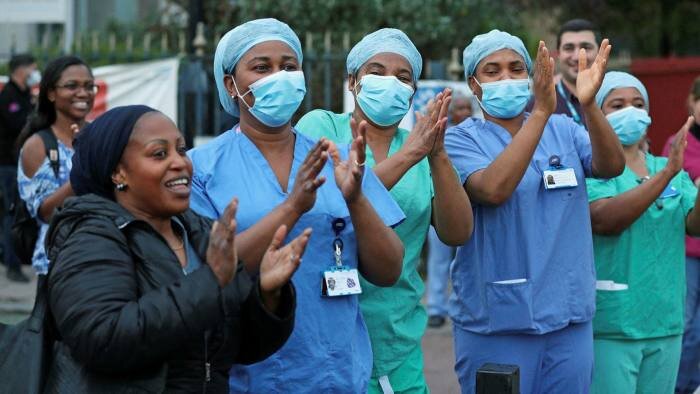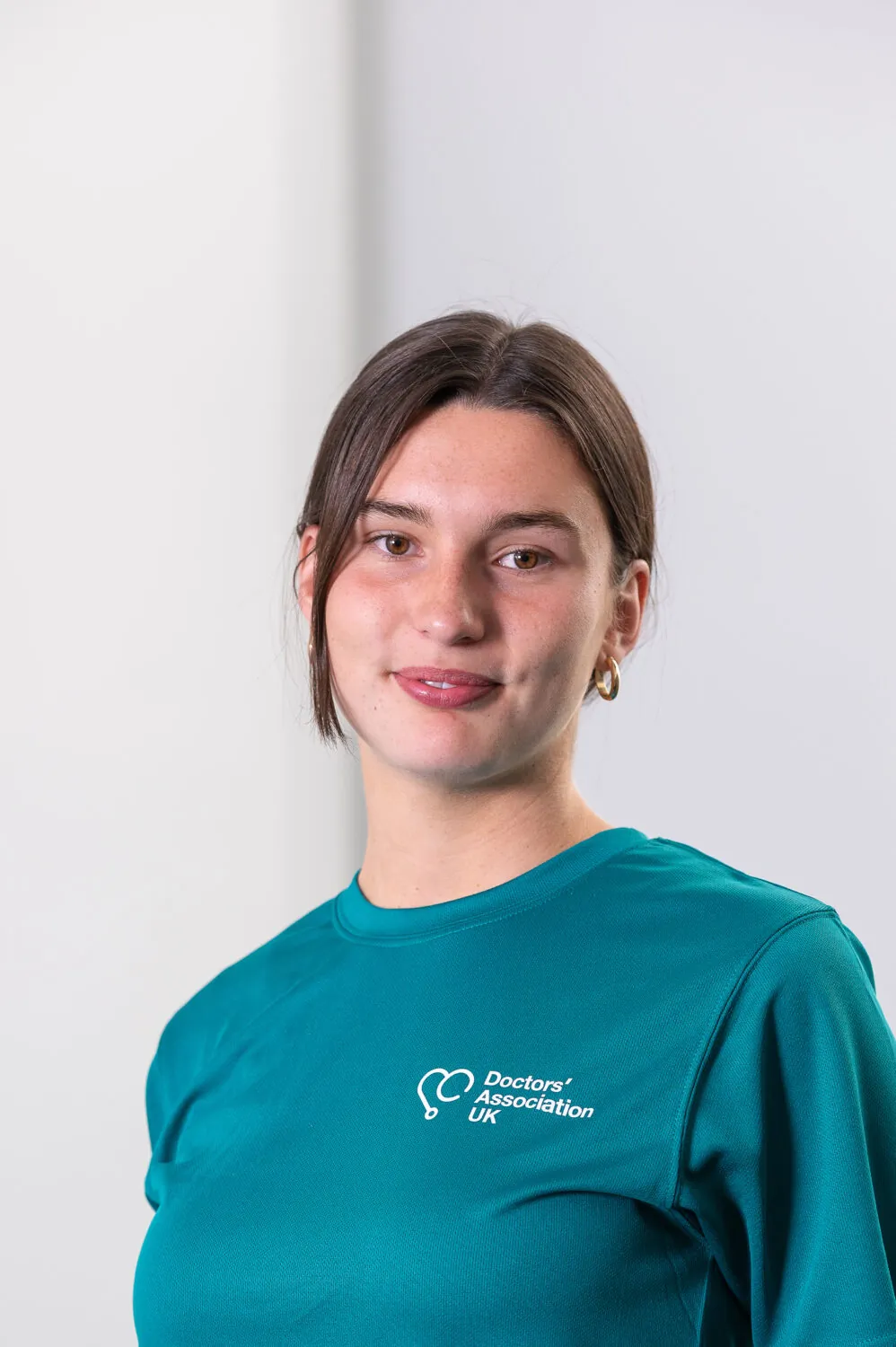
During the pandemic, doctors came together to push for political change. We must continue to use our newfound voice, says Samantha Batt-Rawden
This time last year the UK’s covid situation was in freefall, with our prime minister hospitalised by the virus, intensive care beds filling up, and the number of deaths rising sharply. As we fought to save lives, the spectre of what had happened in Italy weighed heavily on all of us. It was every intensivist’s worst fear: that we might have to ration care if our resources became overwhelmed.
Despite all they had faced, our Italian colleagues had taken the time to reach out to the intensive care community in the UK. In February 2020 I had sat in on Zoom calls and listened to their stark warnings about what would come to pass if the UK did not act quickly. We were a few weeks behind Italy, we heard. In that moment, the UK had a brief window of opportunity to prevent the scale of loss of life seen elsewhere. This was an opportunity we would let slip right through our fingers.
By March 2020 it became clear to doctors just how much trouble we were in. Lockdown would continue to be delayed, even as cases rose up all around us. Instead, we heard the mantra “the NHS is well prepared for coronavirus” again and again and again.
NHS staff knew different. The effects of years of under-resourcing had been laid bare by the toughest winter for the NHS yet. Rota gaps were numerous. Waiting times had spiralled. We were having to close ICU beds as we just didn’t have the staff to care for patients that would fill them.
The NHS was already on its knees. As doctors, we went into fighting this virus with one hand tied behind our backs.
Finding a voice
Doctors had been shouting from the rooftops about safe staffing levels for some time. The profession had come together to warn about the impact of the Modernising Medical Careers programme, the pensions crisis, and of course the imposition of the junior doctor contract on the faltering recruitment and retention of staff.
The various crises that have rocked our profession have steadily been making doctors more politically aware. For me the tipping point was the case of trainee paediatrician Hadiza Bawa-Garba. It was this that pushed me to form the Doctors’ Association UK (DAUK), with the aim of giving frontline doctors back the voice they had lost.
Yet doctors’ repeated warnings went unheeded, and decisions made under the previous health secretary Jeremy Hunt came back to roost as the true scale of the pandemic was realised.





